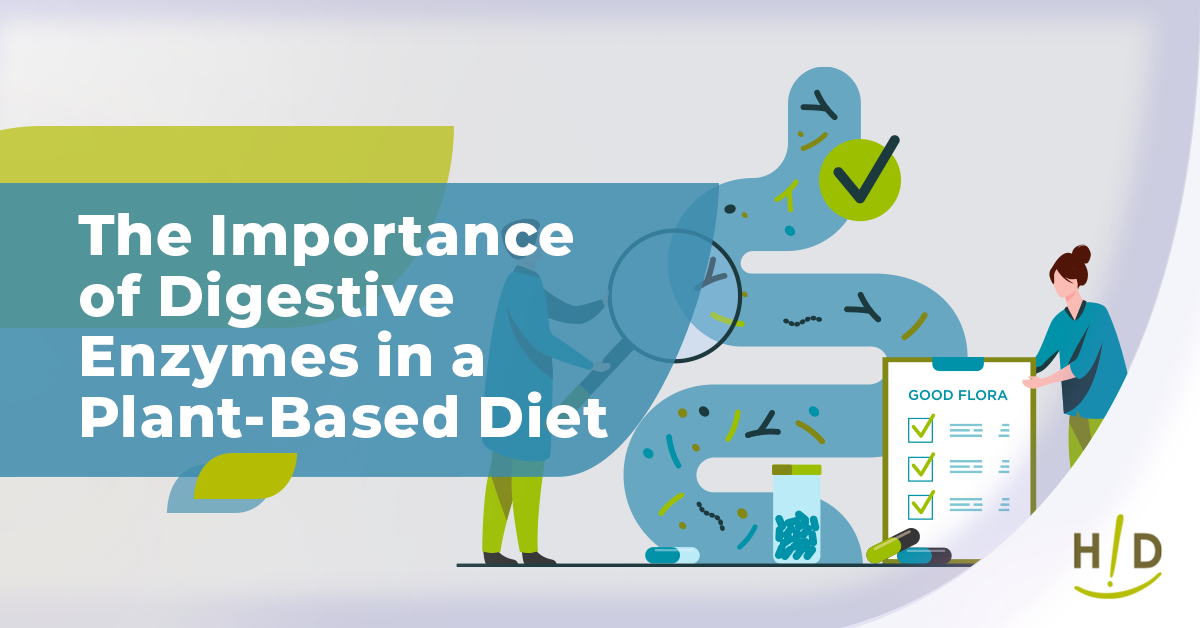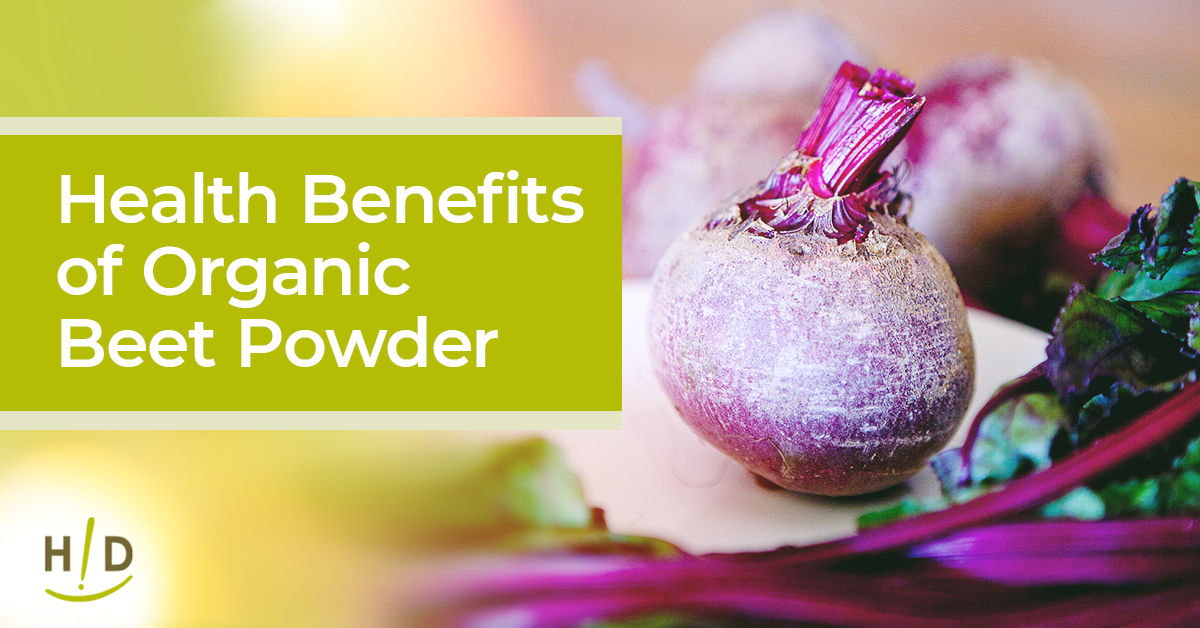Digestive enzymes help your body break down carbohydrates, proteins, and dietary fat. These enzymes are crucial for proper digestion and to prevent symptoms associated with poor digestion. Enzymes are naturally produced and secreted within your digestive system to break down nutrients and enhance absorption, so your body can utilize essential vitamins, minerals, proteins, and other nutrients you eat from foods.
What Are Digestive Enzymes?
Examples of digestive enzymes include:- Proteases and peptidases that break down proteins
- Amylase that breaks down carbohydrates
- Lipase that breaks down dietary fat
- Pineapple (bromelain, a protease)
- Papayas (papain, a protease)
- Mangos (amylase)
- Honey (amylase, diastase, invertase, and protease)
- Bananas (amylase)
- Avocados (lipase)
- Sauerkraut (protease, lipase, and amylase
- Kimchi (protease, lipase, and amylase)
- Miso (lipase, protease, and amylase)
- Kiwifruit (actinidain, a protease)
- Ginger (zingibain, a protease)
Taking digestive enzyme supplements ensures the level of enzymes present in your body is enough to maximize digestion and your overall health.
Benefits of Digestive Enzymes in a Plant-Based Diet
When following a plant-based diet, which provides numerous health and wellness benefits, enhancing digestive enzymes with supplements helps ward off or manage certain health problems, such as:-
Celiac Disease Improvement
-
Reduced Cystic Fibrosis Symptoms
-
Improvements in Chronic Pancreatitis
-
Management of Pancreatic Disorders
-
Better Nutrient Absorption
-
Improvements in Poor Digestion
- Bloating
- Belching
- Abdominal pain
- Constipation
- Diarrhea
- Gas
- Heartburn
- Allergies
- Fatigue
- Reduced immunity
-
A Stronger Immune System
Because digestive enzymes help you better absorb immune-strengthening nutrients (such as protein, antioxidants, vitamins, and minerals) and promote healthy cell function, these enzymes can strengthen your immune system and help you ward off sickness and disease.
Any dosage of digestive enzymes enhances digestion and absorption. The 2016 review in Current Drug Metabolism suggests the best dosage for you depends on the extent of digestive or absorption problems, your age, and your body weight. Researchers say general recommendations include taking 25,000 to 50,000 units of enzymes per meal for adults suffering from digestion-related health conditions. Ask your doctor about your individual supplementation needs if you have a chronic health condition. Numerous Hallelujah Diet supplements contain digestive enzymes in doses appropriate for overall health and better digestion, especially when you’re seeking plant-sourced enzymes to include in a vegan meal plan.






